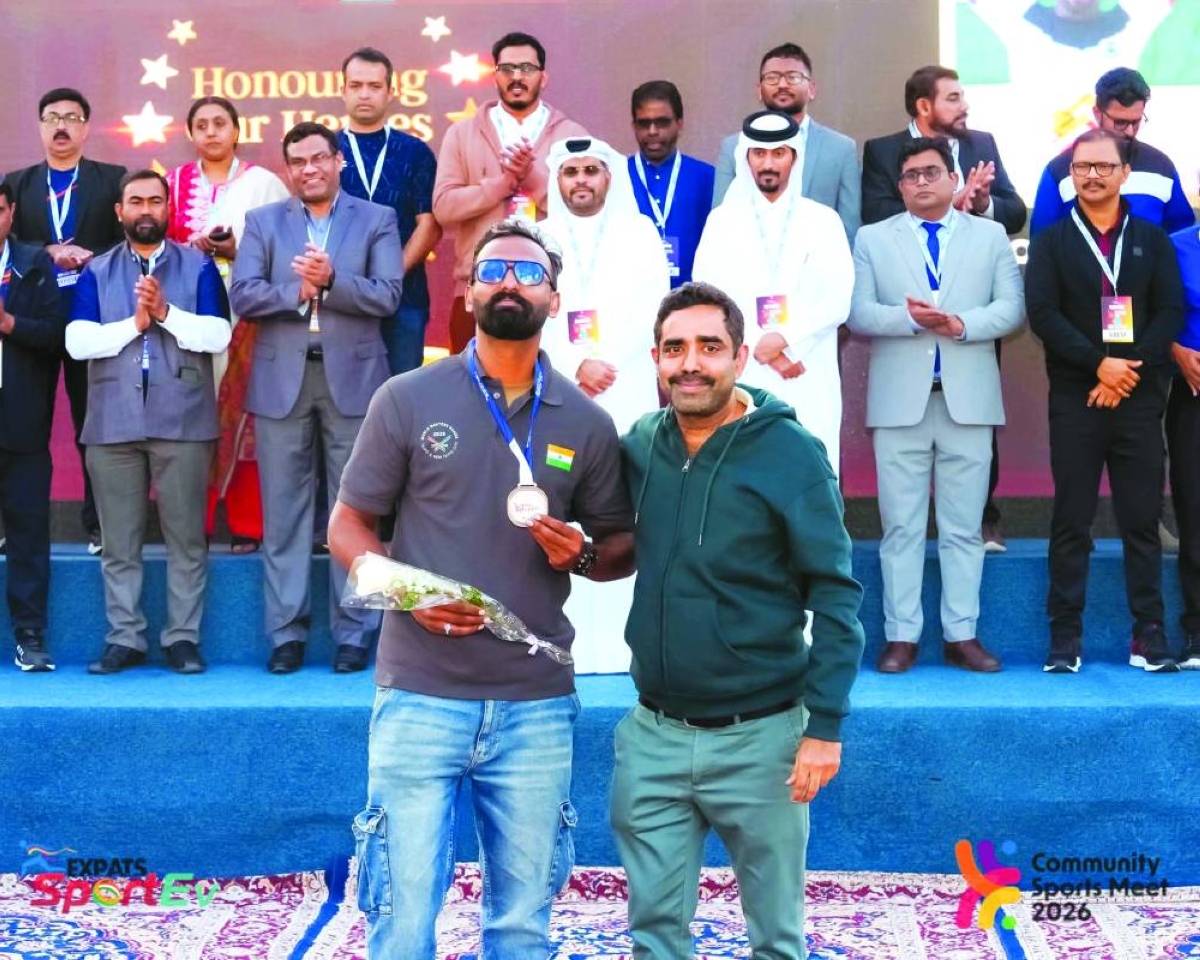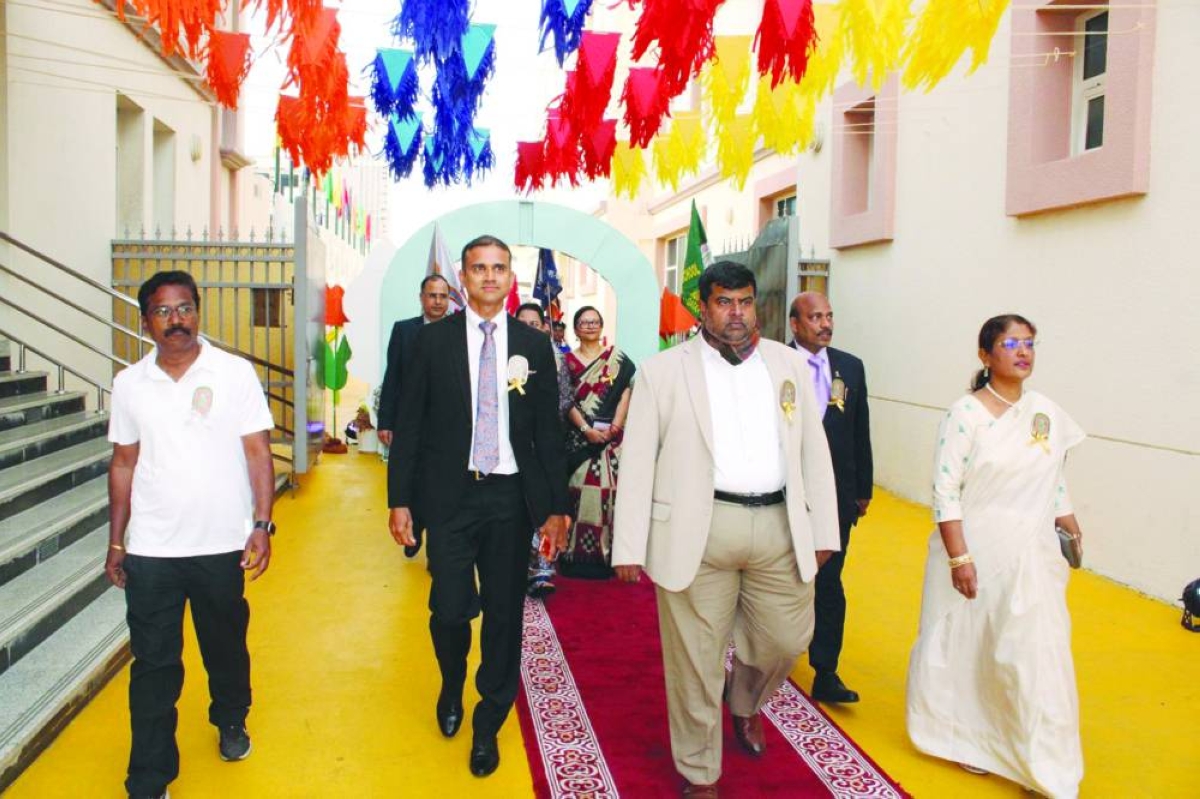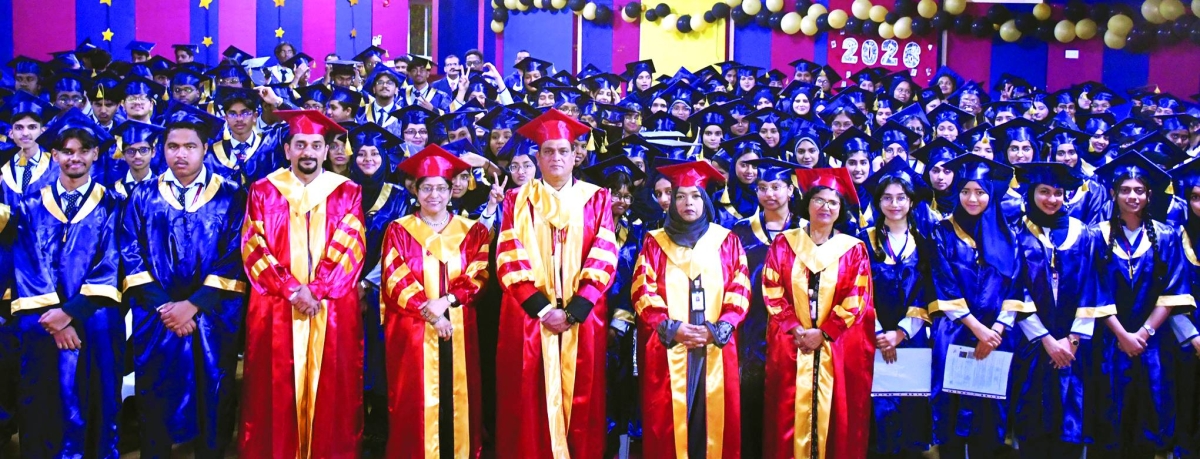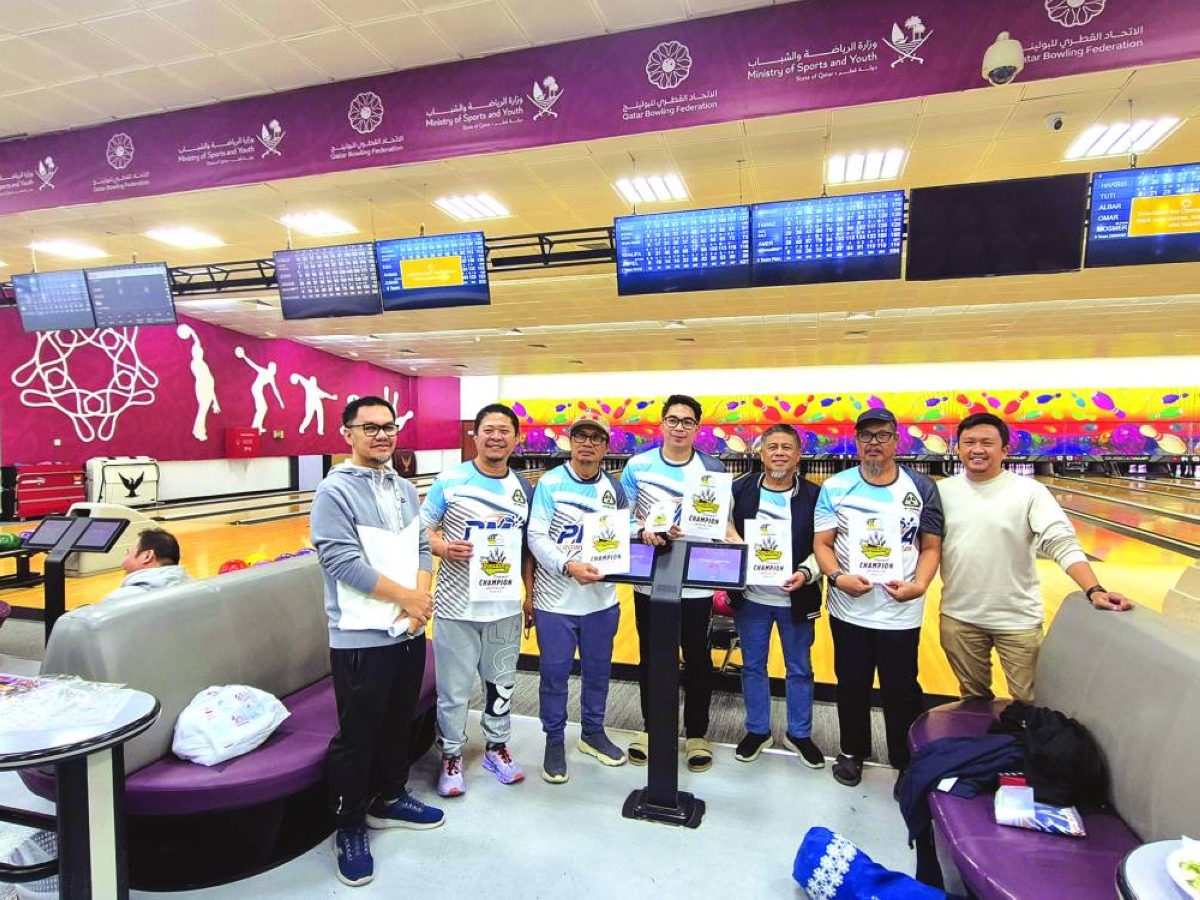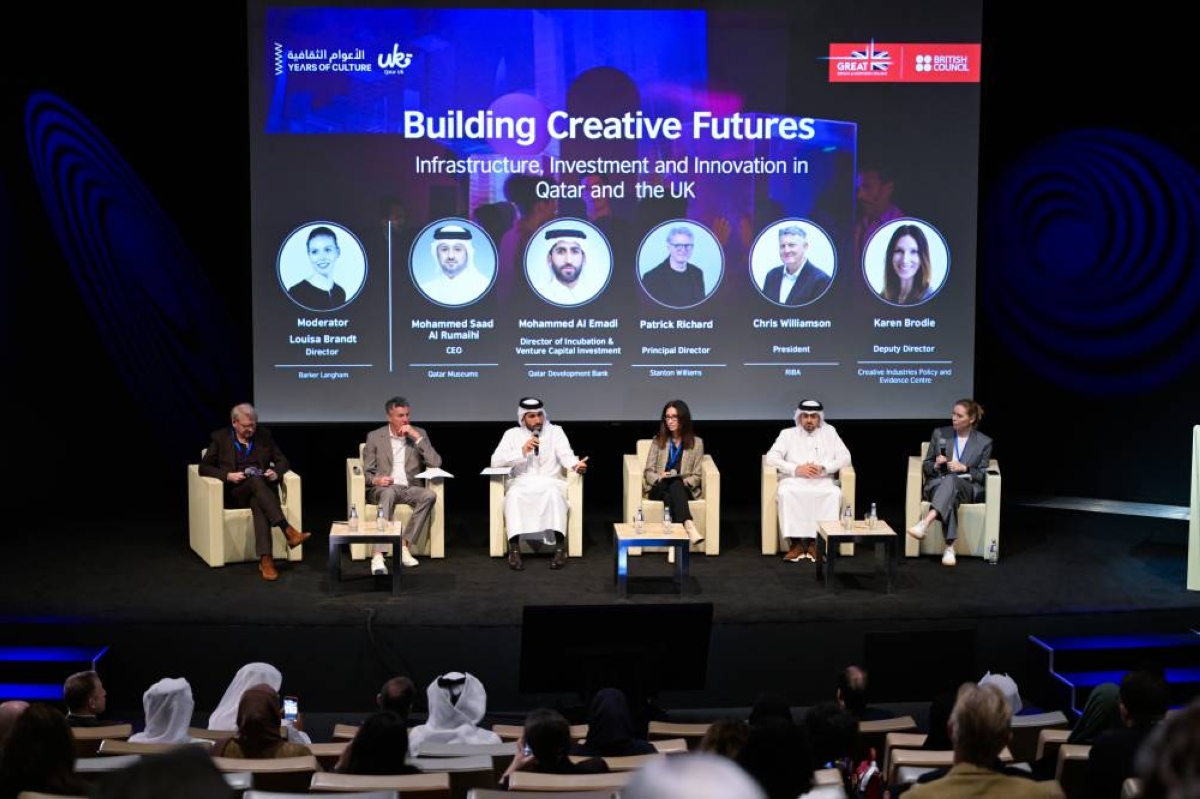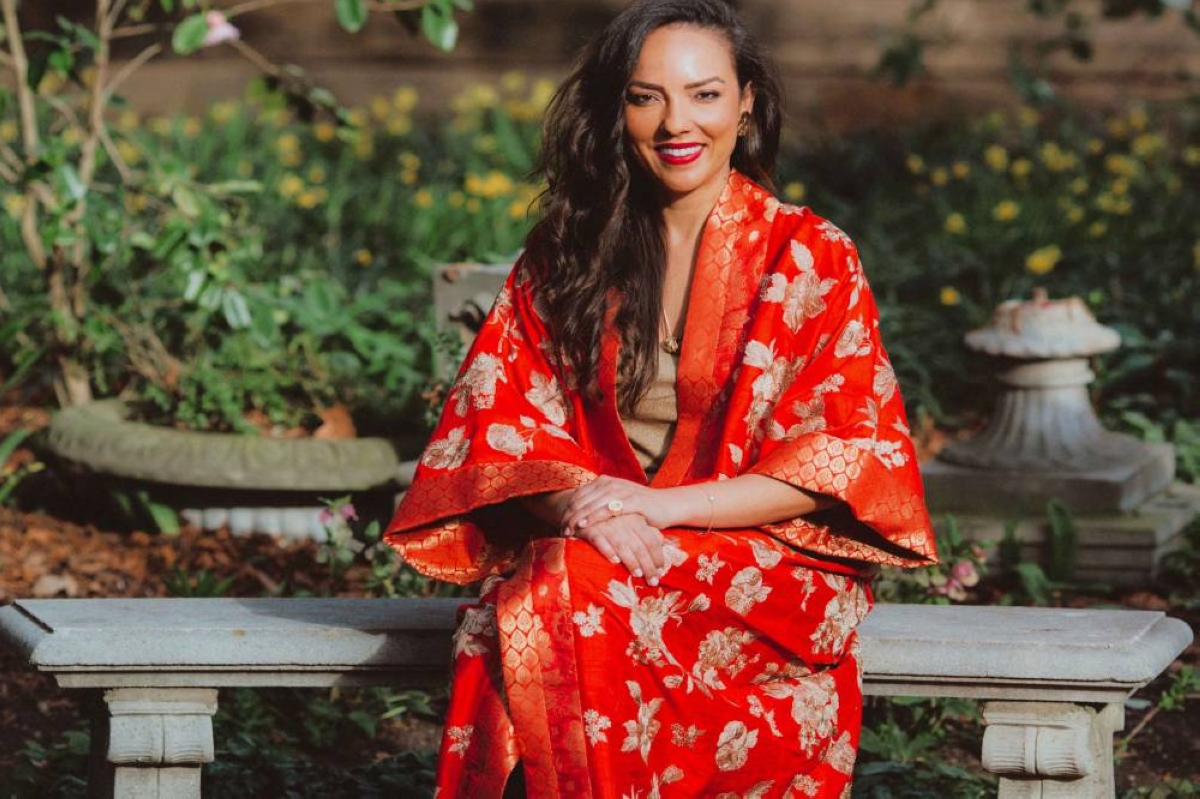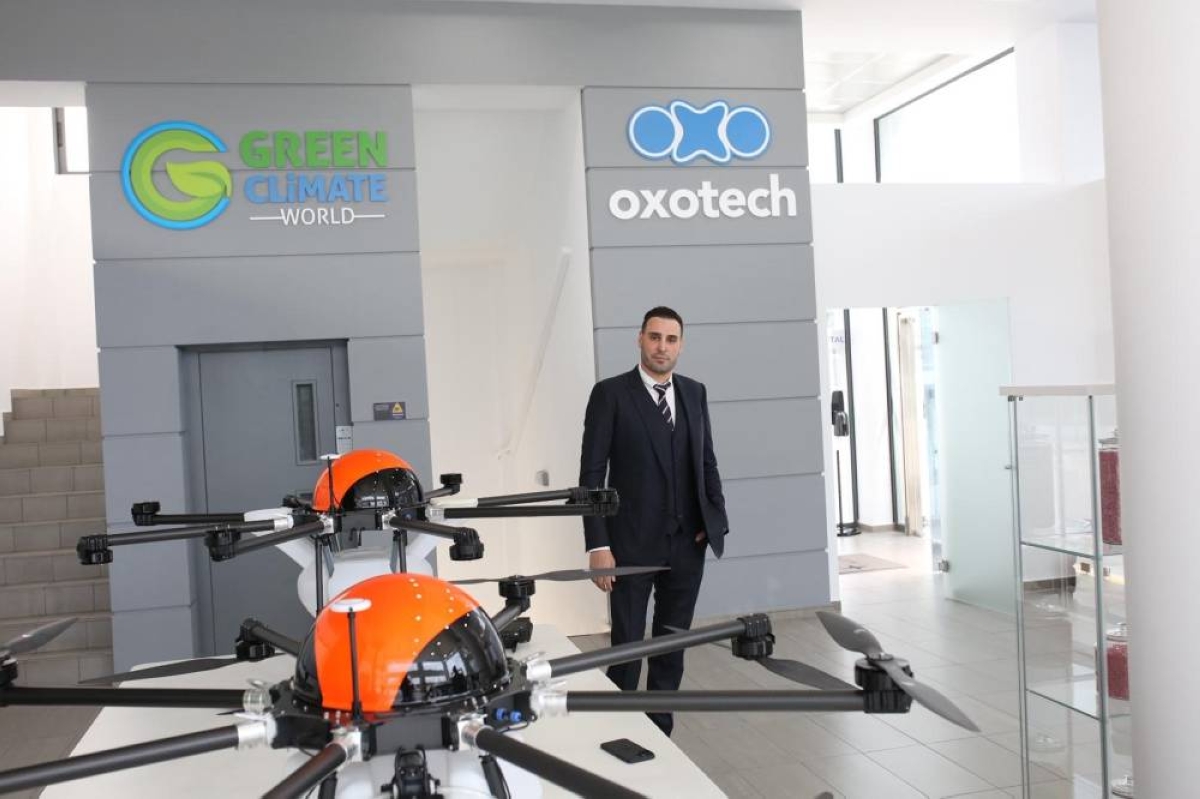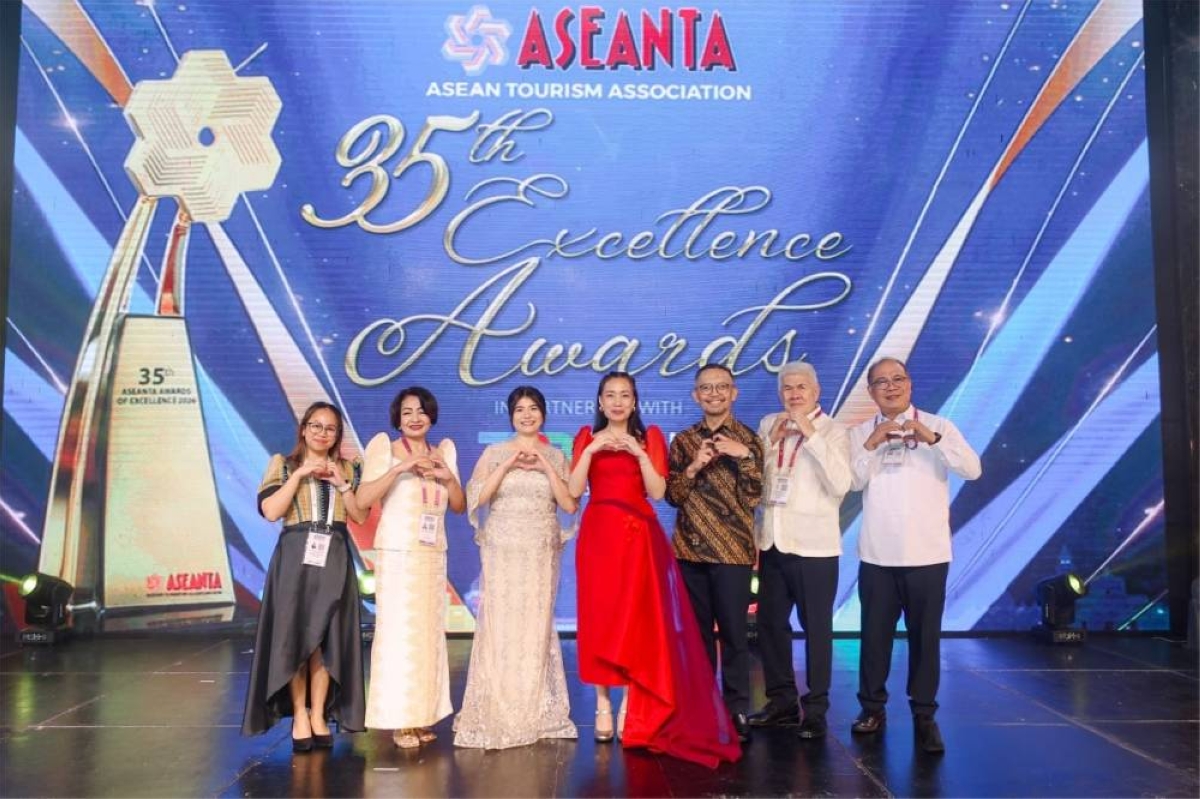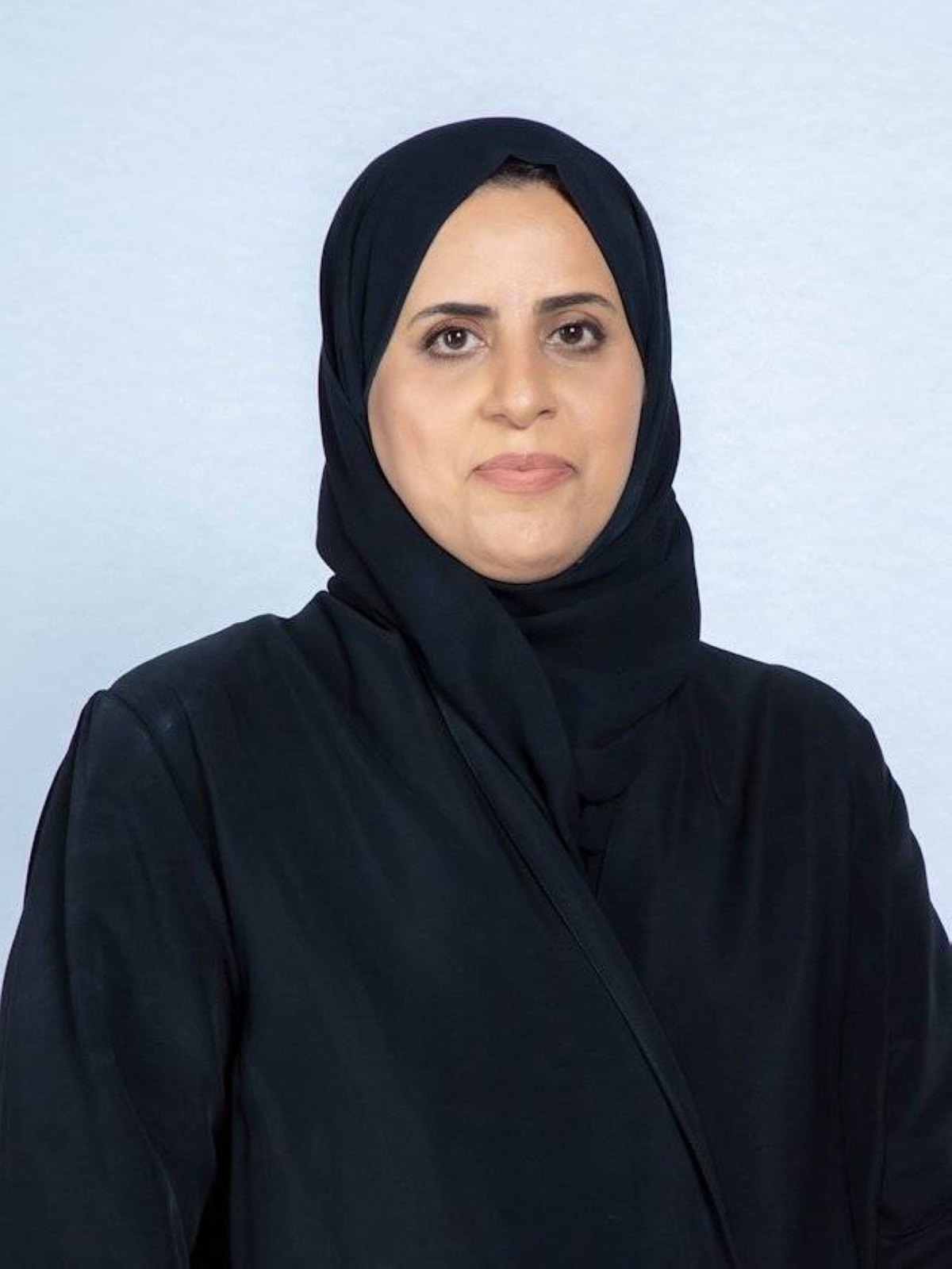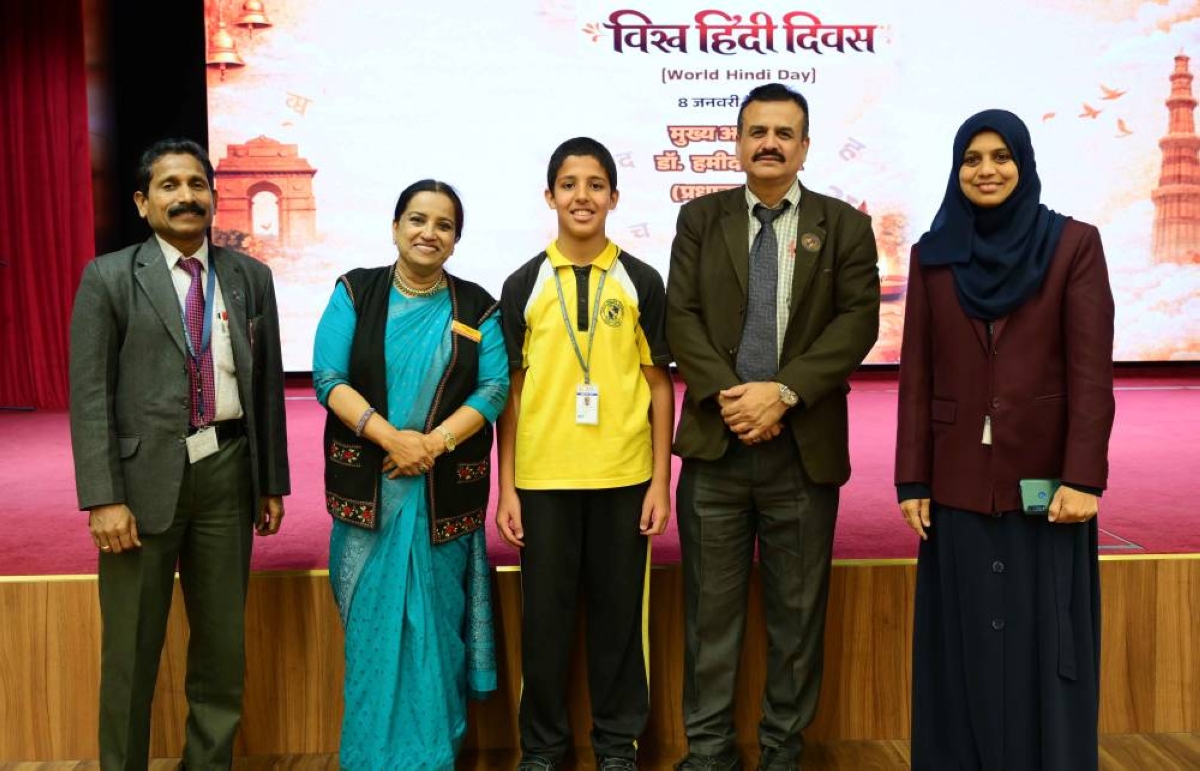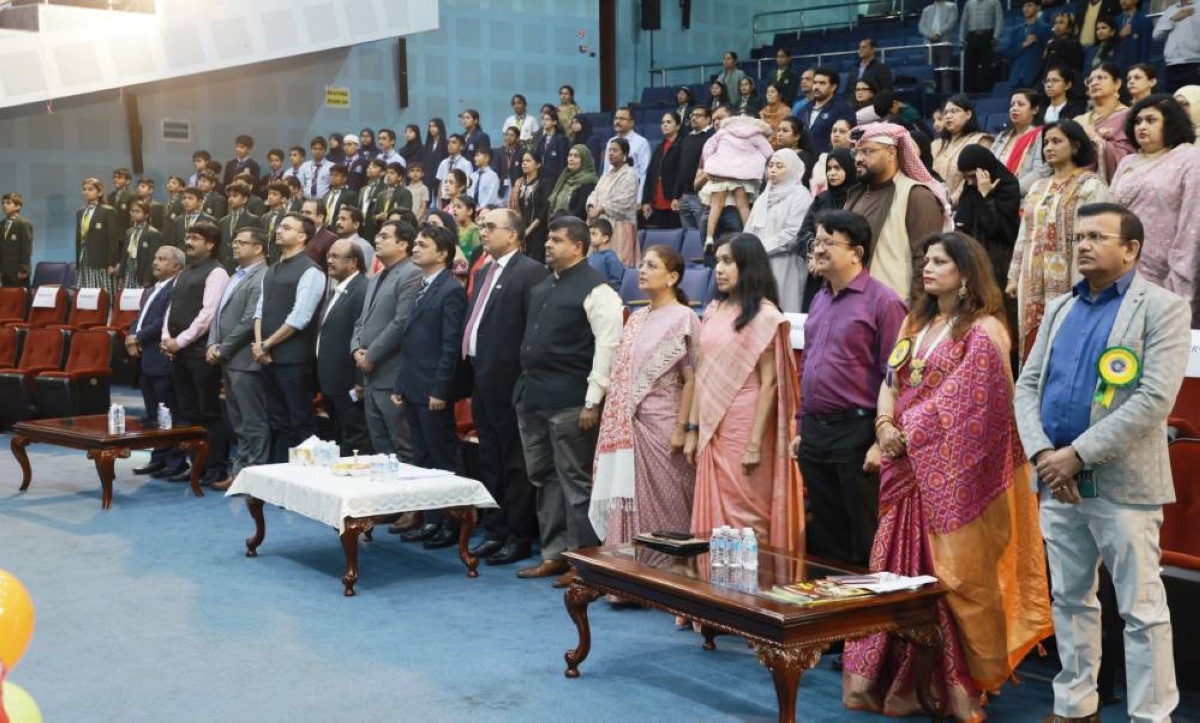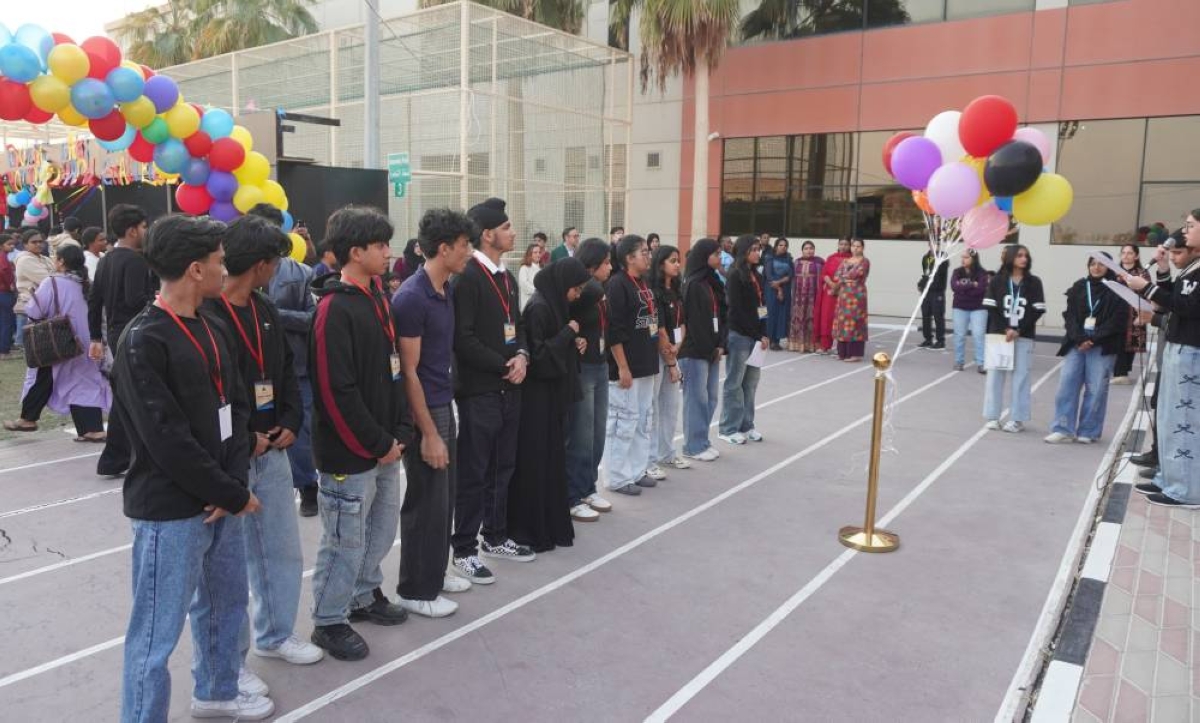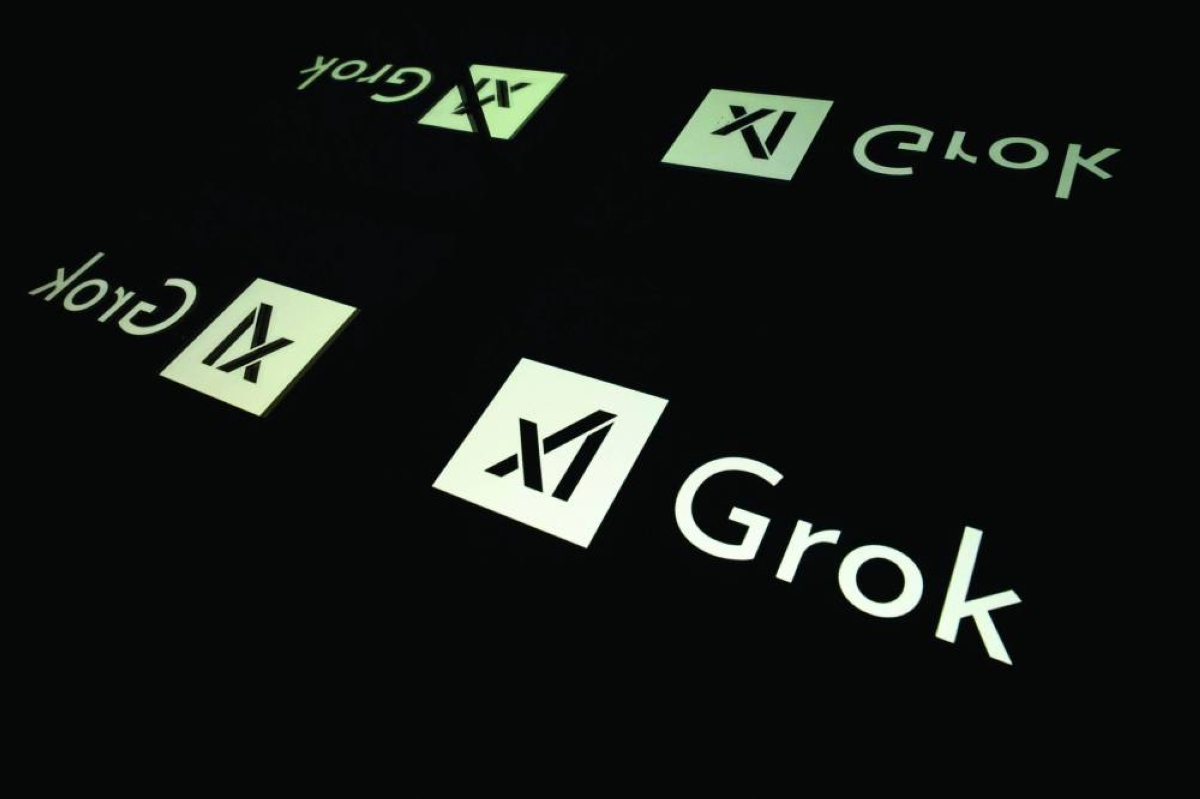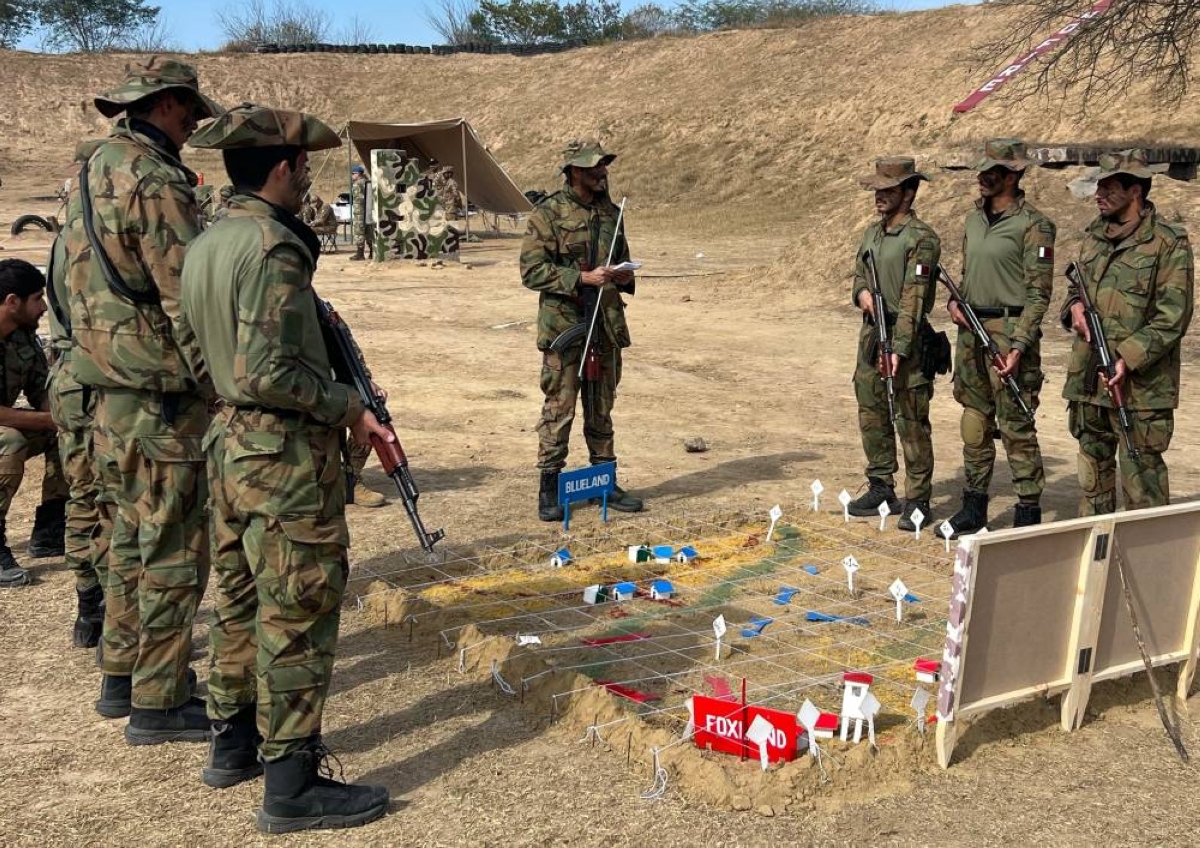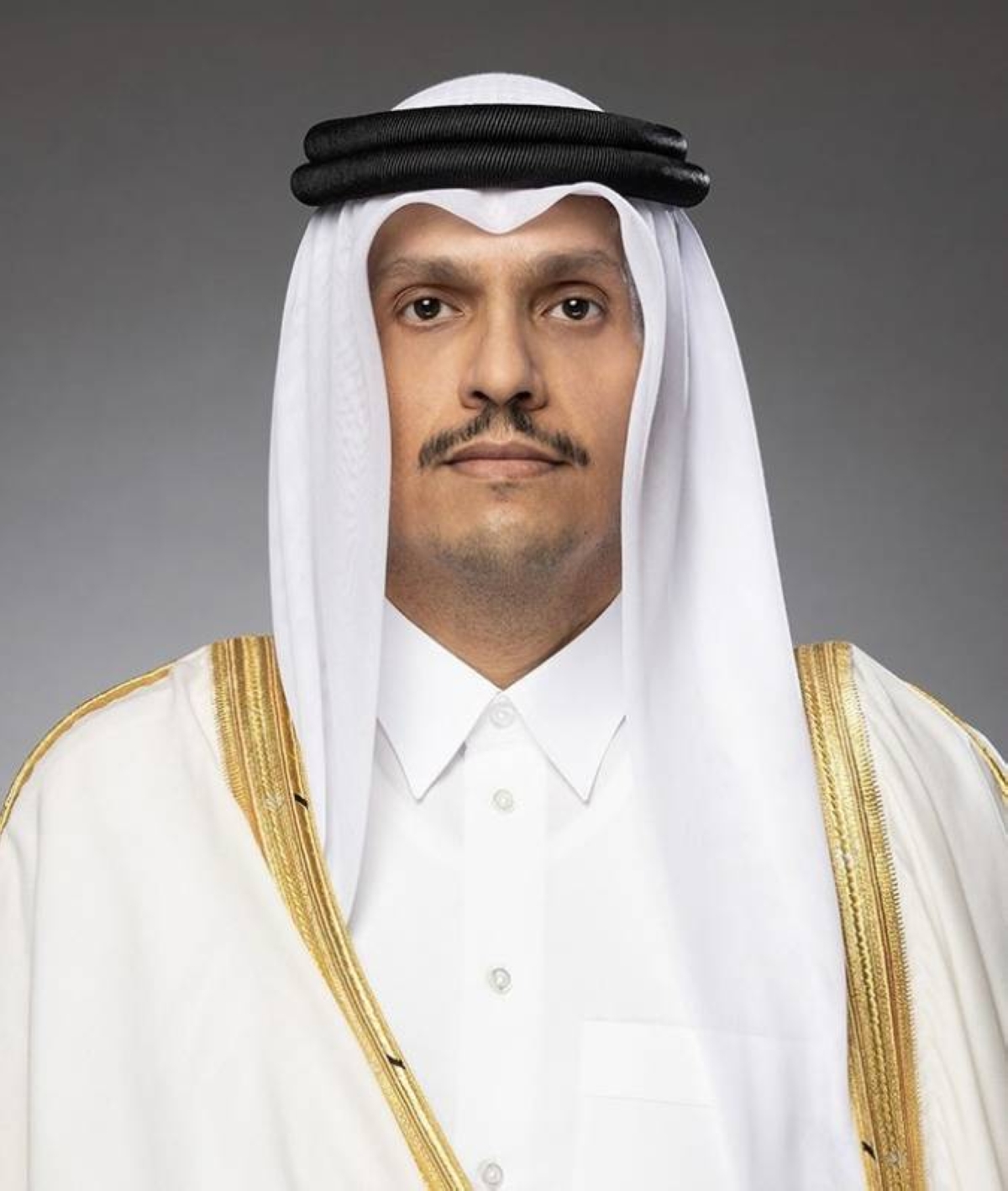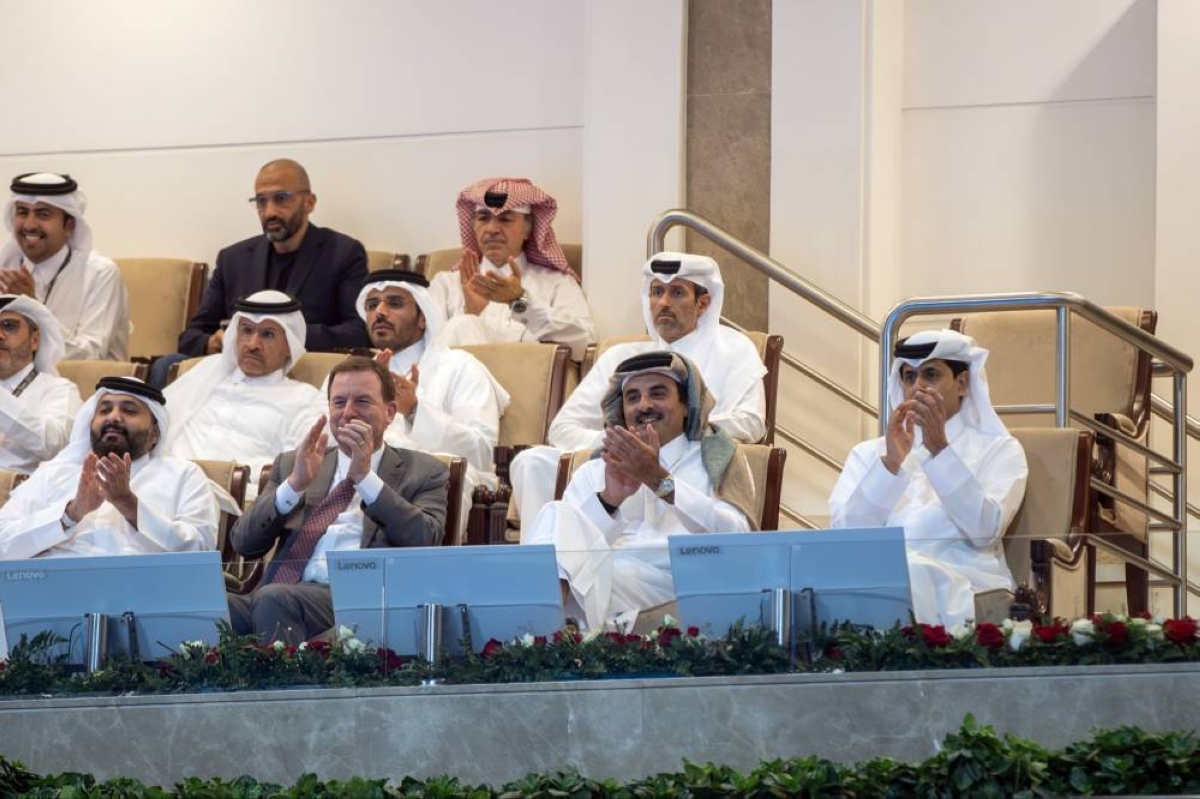Two Physical Education faculty members of MES Indian School were recently felicitated at the 7th Edition of the Expats Sportive Community Sports Meet 2026 in recognition of their exemplary contributions to the field of sports. Steeson K Mathew and Mohamed Navas were accorded special honours during the grand inaugural ceremony, which celebrated individuals who have made significant strides in the sporting community and recognised their outstanding achievements and dedicated commitment to promoting sporting excellence.Mathew, an International Asian Masters Athletics bronze medalist in javelin throw at the championship held in the Philippines, was honoured by First Lt Abdul Aziz al-Mohannadi in appreciation of his remarkable contributions and excellence in athletics.Navas, an Indian handball team player and bronze medalist at the World Masters Games 2025 held in Taiwan, received his honour from Satheesh, CFO of Al Ajjaj Limited Company. The ceremony celebrated the achievements of Qatar-based international athletes and acknowledged their significant contributions to the promotion and development of sports. The recognition of the MES Indian School staff members highlighted their dedication and commitment to sporting excellence, bringing pride to the institution.
Monday, February 23, 2026
|
Daily Newspaper published by GPPC Doha, Qatar.

